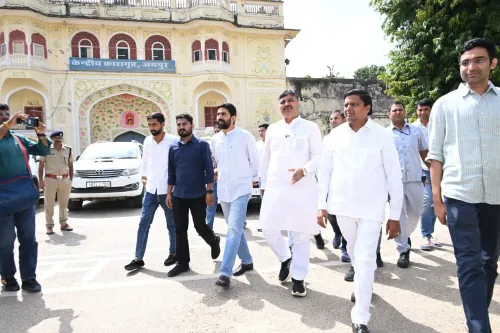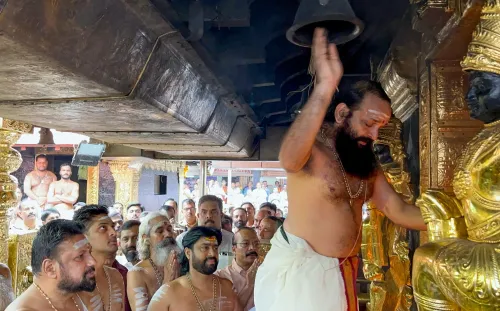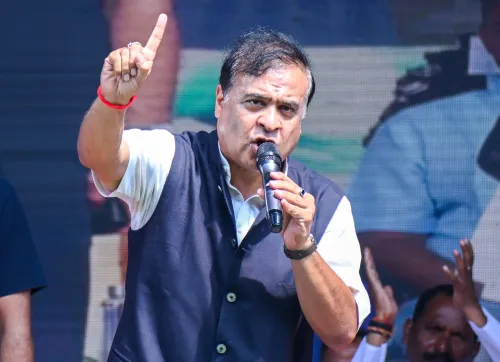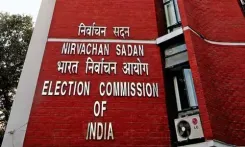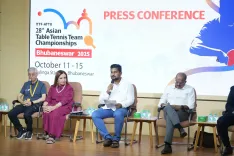Final Draft of Waqf Bill Approved by JPC
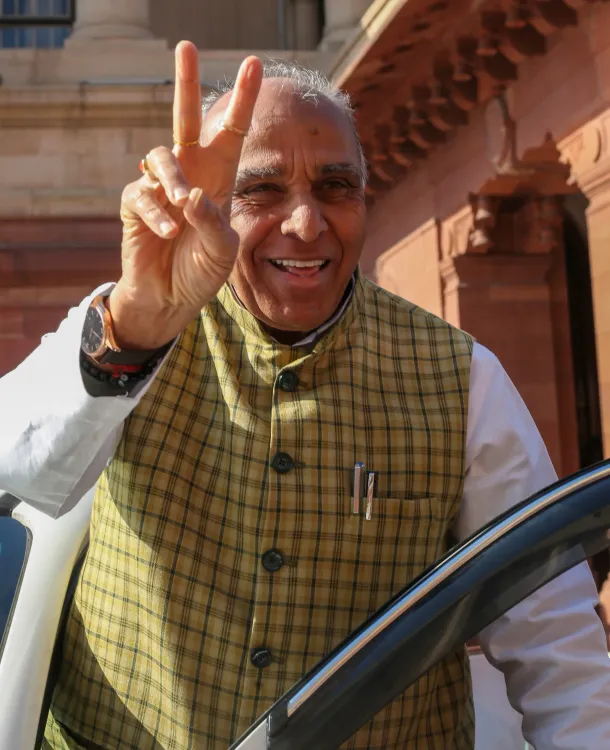
Synopsis
Key Takeaways
- JPC adopted the Waqf Amendment Bill with 14 in favor and 11 against.
- Opposition had 44 proposed amendments which were rejected.
- The Bill seeks to reform how Waqf Boards operate across India.
- Amendments included changes in the composition of the Waqf Board.
- Controversies regarding the chairman's conduct were raised by opposition members.
New Delhi, Jan 29 (NationPress) The Joint Parliamentary Committee (JPC) session aimed at examining the controversial Waqf Amendment Bill concluded on Wednesday, resulting in the JPC endorsing the Bill with 14 votes supporting and 11 opposing. Opposition members of the JPC have until 4 pm on Wednesday to express their dissent.
The JPC had previously approved the Waqf Amendment Bill on Monday with 14 amendments put forth by the BJP-led National Democratic Alliance (NDA) members.
Opposition MPs proposed 44 modifications which were rejected, leading to an uproar among political factions. Voting on the suggested modifications took place today.
On Monday, the Waqf Amendment Bill, which seeks to reform the management of Waqf Boards nationwide, was cleared by the JPC by a margin of 16:10 (16 from NDA and 10 from Opposition parties).
One amendment intends to empower the state government to appoint an official to ascertain whether a property is Waqf or not—replacing the District Collector who was granted full authority in the initial proposal.
In the Waqf Act of 1995, this authority is assigned to survey commissioners and additional commissioners.
The committee also endorsed changes to another contentious aspect that required the inclusion of two non-Muslim members on the Central Waqf Council and state Waqf Boards.
The term 'mandatory' was removed, and alterations in the Waqf Board's structure were proposed, increasing its composition to three members, including a scholar.
Reports indicate that a total of 66 amendments were suggested for the Waqf Bill, consisting of 23 from the ruling BJP MPs and 44 from Opposition members.
JPC chairman and BJP MP Jagdambika Pal informed reporters on Monday that this was the final assembly of the Parliamentary panel and that 14 amendments were approved based on majority vote.
“In the last six months of discussions, we reviewed numerous amendments. All proposed changes were voted on today, with 16 in favor and 14 against,” he stated to the press.
The JPC meetings have been marked by chaotic scenes, with the Opposition accusing the committee chairman of bias towards the ruling party.
The Opposition also asserted that the process was being rushed to create a narrative ahead of the upcoming Assembly elections in the national capital.
On Monday, 11 Opposition MPs criticized the ‘autocratic’ conduct of Chairman Jagdambika Pal and his urgency in approving the 14 amendments proposed by NDA members.
In a collective statement, the Opposition MPs remarked, “As the committee nears the conclusion of its deliberations, we, the Opposition members, registered our protest against the chairman’s management of the JPC proceedings as well as the significant deviations from established rules and practices.”
They cited several instances of being denied time to review documents, aiming to highlight the disregard by the Chairman in sharing the Committee's deliberation details.
However, BJP MP Aparajita Sarangi dismissed these allegations, asserting that every member was afforded ample time and was heard by the JPC leader.
The JPC committee on the Waqf Bill was originally due to submit its recommendations by November 29, but the deadline has been extended to February 13.

